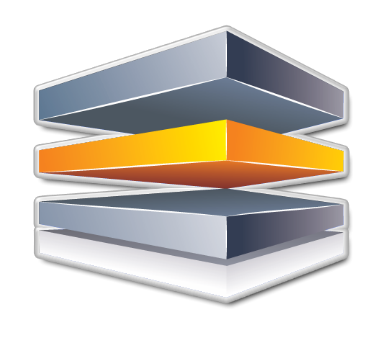Our global issues are complex, and AI provides us with a valuable tool to augment human efforts to come up with solutions to vexing problems. Here are 10 of the best ways artificial intelligence is used for good.
Cancer Screening
Artificial intelligence, powered by deep-learning algorithms, is already in use in healthcare. Specifically, AI’s imaging capabilities are promising for cancer identification and screening, including breast cancer. Artificial intelligence is also used to predict the development of diseases across a healthcare network. A group at Mount Sinai used deep learning-based AI algorithms to predict the development of diseases with 94% accuracy, including cancers of liver, rectum, and prostate. Thanks to published cancer research, clinical trials, and drug development, there's a plethora of data that AI can help to review and then guide healthcare decision-making.
Save the Bees
Did you know The World Bee Project is using artificial intelligence to save the bees? The global bee population is in decline, and that's bad news for our planet and our food supply. In a partnership with Oracle, The World Bee Project hopes to learn how to help bees survive and thrive by gathering data through internet-of-things sensors, microphones, and cameras on hives. The data is then uploaded to the cloud and analyzed by artificial intelligence to identify patterns or trends that could direct early interventions to help bees survive. Ultimately, artificial intelligence makes it easier to share real-time information on a global scale and take action to save the bees.
Tools for People with Disabilities
Another way artificial intelligence is used for good is to help people with disabilities overcome them. Huawei used AI and augmented reality to create StorySign, a free mobile app that helps deaf children learn to read by translating the text into sign language. The company also created Track.Ai, an easy-to-use, affordable device that can identify visual disorders in children so treatment can begin before the disorders cause blindness. Facing Emotions, another AI app created by Huawei, translates emotion into short and simple sounds. The app assesses the emotion it sees on another's face to help blind people "see" the emotion of the person they are talking with. The app uses the rear camera on the phone to evaluate the nose, mouth, eyebrows and eyes, and artificial intelligence to analyze the expression on these facial features and what emotion they convey—contempt, anger, fear, disgust, sadness, happiness and surprise.
 E-Library & File Box
E-Library & File Box